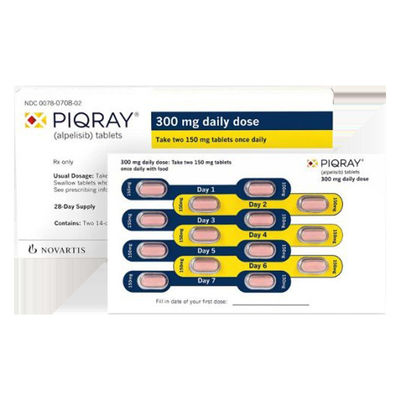Quality Control Guidelines for Cancer Treatment Drugs
Quality control plays a crucial role in ensuring the safety, efficacy, and reliability of cancer treatment drugs. The following guidelines outline key aspects of quality control measures for such drugs.
Raw Material Assessment: Thoroughly evaluate the quality, purity, and stability of all raw materials used in drug production. Conduct rigorous testing to ensure compliance with established specifications, including identity, potency, and impurity profiles.
Manufacturing Process Control: Implement robust process controls to maintain consistency and reproducibility of drug manufacturing. Monitor critical process parameters, such as temperature, pressure, and time, to ensure adherence to predefined specifications.
In-process Testing: Perform regular and comprehensive testing during various stages of drug production. This includes monitoring raw material integrity, intermediate product quality, and overall process efficiency to identify and rectify any deviations promptly.
Finished Product Testing: Conduct extensive testing on finished drug products to verify their quality, safety, and effectiveness. Analyze factors like drug content, dissolution rate, stability, and absence of contaminants to ensure compliance with regulatory standards.
Stability Testing: Conduct long-term stability studies to assess the drug's shelf life and storage conditions. Monitor parameters like temperature, humidity, and light exposure to ensure the drug's stability throughout its intended lifespan.
Quality Documentation: Maintain accurate and detailed records of all quality control activities, including test methods, results, and deviations. Establish a comprehensive documentation system to facilitate traceability and enable effective investigation of any quality-related issues.
Equipment Calibration and Maintenance: Regularly calibrate and maintain all equipment involved in the manufacturing and testing processes. Establish a calibration schedule and adhere to it strictly to ensure accuracy and reliability of measurements.
Training and Qualification: Provide comprehensive training programs to all personnel involved in quality control activities. Ensure that employees are competent and qualified to perform their assigned tasks, and periodically assess their proficiency.
Compliance with Regulatory Standards: Stay up to date with the latest regulatory requirements and guidelines for cancer treatment drugs. Maintain compliance with Good Manufacturing Practices (GMP) and other relevant regulations to ensure the highest level of quality assurance.
Continuous Improvement: Foster a culture of continuous improvement by regularly reviewing and enhancing quality control systems. Implement corrective and preventive actions to address any identified gaps or areas for improvement.
By adhering to these quality control guidelines, manufacturers of cancer treatment drugs can ensure the production of high-quality, safe, and effective medications that contribute to the well-being of patients battling cancer.

 Your message must be between 20-3,000 characters!
Your message must be between 20-3,000 characters! Please check your E-mail!
Please check your E-mail!  Your message must be between 20-3,000 characters!
Your message must be between 20-3,000 characters! Please check your E-mail!
Please check your E-mail! 



